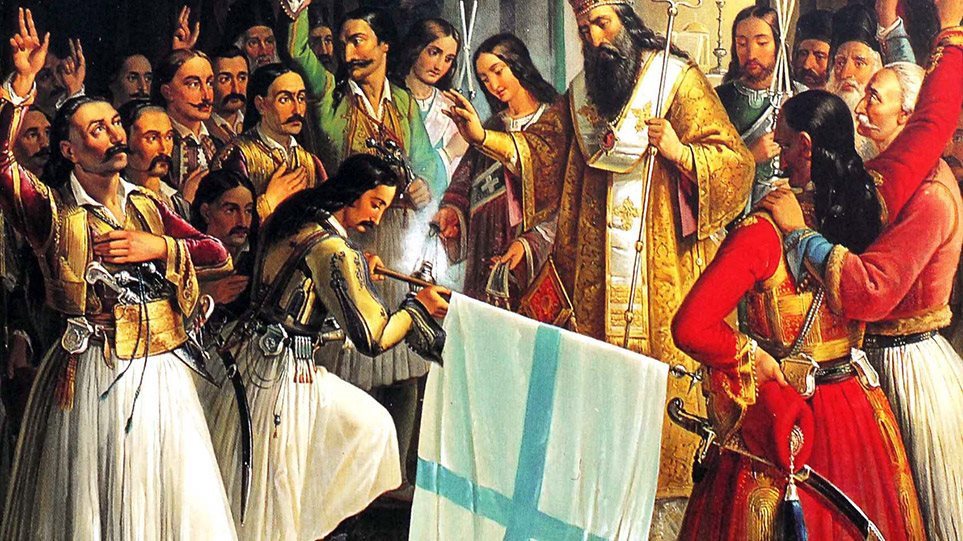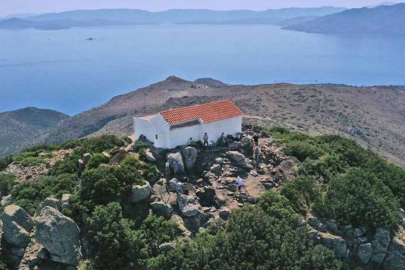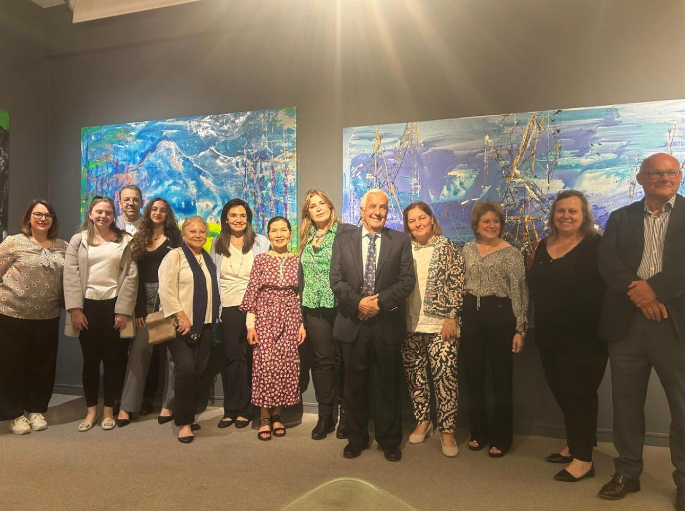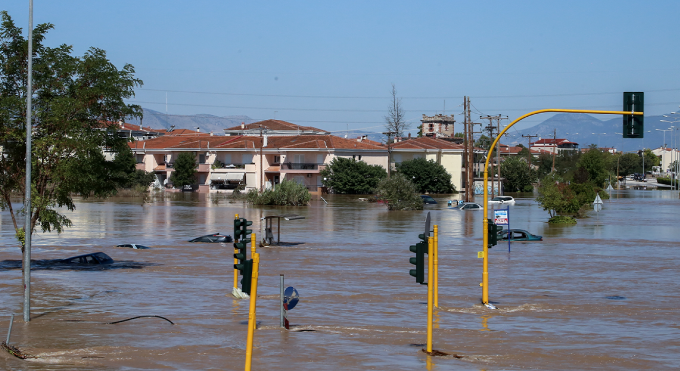“All art is propaganda,” wrote George Orwell. This year Greece celebrates the bicentennial of its War of Independence against the Ottoman Empire, won with the help of some of the most powerful propaganda ever written. During a virtual conference on the east Mediterranean last November, New Jersey senator Robert Menendez quoted some of it: “The mountains look on Marathon—/And Marathon looks on the sea;/And musing there an hour alone,/I dream’d that Greece might still be free.”
Lord Byron wrote these lines in his poem “The Isles of Greece” just before the outbreak of the Greek Revolution. Revered today as a Greek national hero, Byron saw in the modern Greeks the flicker of ancient genius fallen on desperate times, and he wasn’t the only one. Percy Shelley and his wife, Mary Wollstonecraft Shelley, author of “Frankenstein,” were also famously Philhellenes. In Pisa they took Greek lessons from Alexandros Mavrokordatos, a Constantinopolitan Greek who would become the first president of independent Greece in 1822. The literary result of this relationship was Shelley’s verse play “Hellas,” written to help finance the Greek cause, which portrayed the Greeks as re-emerging from antiquity: “The world’s great age begins anew,/The golden years return.”
Educated Europeans and Americans saw “something of their own at stake because they’ve been brought up on Homer and Herodotus and Marathon and Salamis,” said Roderick Beaton, professor emeritus of Byzantine and Modern Greek literature at King’s College London. “It’s not humanitarian, it’s not altruistic…it’s actually the belief that the Hellenic heritage is common to all civilized people and therefore…it’s your own civilization that is threatened by the common enemy.” Small wonder, perhaps, that many hundreds of Europeans paid their way to fight for the Greek cause.
Lost ‘golden city’ of Egypt, 3,000 years old, discovered (photos)
Beijing Topples New York To Become The Billionaire Capital (infographic)
But it is Byron whose reputation was entirely tied up with Greece. He had traveled there a decade before the revolution and written the first two cantos of his long poem “Childe Harold’s Pilgrimage,” in which his hero calls the Greeks to rebellion: “Hereditary bondsmen! Know ye not/Who would be free themselves must strike the blow?” “Childe Harold” became a publishing sensation in 1812, selling out 10 editions in three years—a record unmatched in English poetry—and propelling Byron to rock star status.
When Byron landed in Messolongi in 1823 to devote his life and fortune to the Greek cause, his arrival “directed the attention of all Europe to the affairs of Greece,” wrote his contemporary and historian of the Greek War of Independence, George Finlay. Upon his death from fever a mere four months later, “wherever the English language was known, an electric shock was felt”.
Read more: WSJ



































